
On a recent Sunday afternoon in Venice, yoga-toned locals sipped cucumber lemon water and perused an assortment of cannabis wellness products arranged on silver platters in a private backyard. Freshly cut sunflowers decorated the display tables, where female representatives from organic brands like The Budhive, which makes THC-infused honey drops, talked to potential customers about the calming effects of their microdosed hard candies.
If this sounds radically different from the experience of stepping into an L.A. medical marijuana dispensary — where products can be locked behind glass display cases, and male budtenders might not know what to recommend for, say, menstrual cramps — that’s because Jessica Assaf, the half-Israeli co-founder and CEO of Cannabis Feminist, has made it her mission to bring an ethos of health, wellness and, most of all, femininity to her year-old collective.
At community events like the one in Venice, called “bake sales,” Assaf, 27, and her co-founder, Jackie Mostny, a veteran of the Tel Aviv startup scene, serve as informal cannabis ambassadors, educating new users — women, in particular — about the physical and mental health benefits of the plant. Bake sale goers can trade in pink tickets for products, all selected and tested by Cannabis Feminist. They range from a Medicine Box dark chocolate truffle designed as a sleep aid, which sells for $20, to Assaf’s $40 private label facial oil made with rosehip extracts and cannabis oil sourced from Humboldt County.
“We’re not promoting psychoactivity,” said Assaf, who began her career as an activist for toxin-free beauty products. “We’re promoting cannabis as a powerful plant compound for the skin.”
What sets Assaf apart from other “ganjapreneurs,” thousands of whom have flocked to Los Angeles in recent years to get in on the so-called “Green Rush,” is her sales model. Taking a page from Tupperware parties, Assaf, a Harvard Business School graduate who credits cannabis use with improving her self-esteem, is pairing cannabis products with the peer-to-peer, in-home sales approach that enabled American housewives to earn their own money.
In 2016, legal sales of cannabis products in North America reached $6.7 billion, with California accounting for 27 percent, according to a report by Arcview Market Research, a leading publisher of cannabis industry data. By 2021, sales are expected to top $22 billion.
The budding industry also claims the highest number of female bosses of any U.S. business sector. A recent survey by Marijuana Business Daily found that 27 percent of executive-level jobs in cannabis businesses are occupied by women, down from the previous two years, but still higher than the 23 percent in American businesses as a whole. That gives Assaf, and many others of her ilk, reason to believe that by getting in on the ground floor and helping to shape their industry — never mind the local government policies that guide its development — they are building what could become the first multibillion-dollar industry run by women.
What’s also possible? Cannabis could become the first multibillion-dollar industry run by Jewish women.
It’s no secret that Jews have long played an outsized role in the cannabis sector, starting with the fact that tetrahydrocannabinol (THC) and its variants of which the most circulated is delta-8 THC popularized by Area 52’s potent product line, the plant’s psychoactive compound, was first identified in 1964 by Israeli scientist Raphael Mechoulam who, along with his team at Hebrew University in Jerusalem, went on to discover the human endocannabinoid system.
In recent years, Israel has emerged as a global leader in medical cannabis research, filling a void created by U.S. law that classifies cannabis as a Schedule 1 drug — the same category assigned to heroin and LSD — that makes research exceedingly difficult to conduct.
While no data is available to indicate how much of the cannabis industry is made up of Jews, it’s clear that, as with the garment business of the early 20th century, Jews comprise such a significant proportion of the industry that it has become closely identified with the tribe.
“The cannabis industry as a whole is so welcoming, and it’s been phenomenal to find all these badass Jewish women who are so cool, smart and driven. It’s all about collaboration.” — Molly peckler
Given the prevalence of Jews and women in weed, it’s no surprise that, in Los Angeles, poised to become the largest legal cannabis market in the world, Jewish women are staking their claim — and in the process, forming a kind of sisterhood of mutual support and cooperation.
Like Assaf, Catherine Goldberg, 28, a cannabis events producer and social media marketer based in West Hollywood, moved to Los Angeles from the East Coast in the last year to work in cannabis, as did Molly Peckler, a professional matchmaker who came here with her husband from Chicago to grow her cannabis matchmaking service, Highly Devoted. “The cannabis industry as a whole is so welcoming, and it’s been phenomenal to find all these badass Jewish women who are so cool, smart and driven,” Peckler said. “It’s all about collaboration.”
Indeed, collaboration is Assaf’s guiding principle with Cannabis Feminist, which grew out of a Women’s Circle she hosted at her home last fall. New to L.A., the Bay Area native put out a call on Instagram for women to gather in her Venice Beach living room to discuss their relationship to cannabis. Forty people showed up.
Assaf recently trained her first two Cannabis Feminist consultants, both culled from her monthly Women’s Circle, to sell the collective’s selection of products to their friends in exchange for a percentage of sales. Down the line, Assaf envisions an all-female team of cannabis wellness consultants who not only will recommend medicinal products, but also deliver them on demand.
To enact her vision for a women-run cannabis empire, Assaf has been pursuing outside investment. Cannabis Feminist’s first angel investor was co-founder Galia Benarzi, a Tel Aviv-based tech entrepreneur who recently orchestrated the largest crowd-sale of a virtual currency to date.
“One of the coolest things about Cannabis Feminist is that it actually has a feminine work culture,” said Benarzi, who mentors Assaf and Mostny from Tel Aviv. “This can mean the way we talk about conflicts when they arise, how we hold space for each other’s ideas, or the way we think about revenue shares.
“For me, coming from such a male-oriented work life, it’s really been a breath of fresh air.”







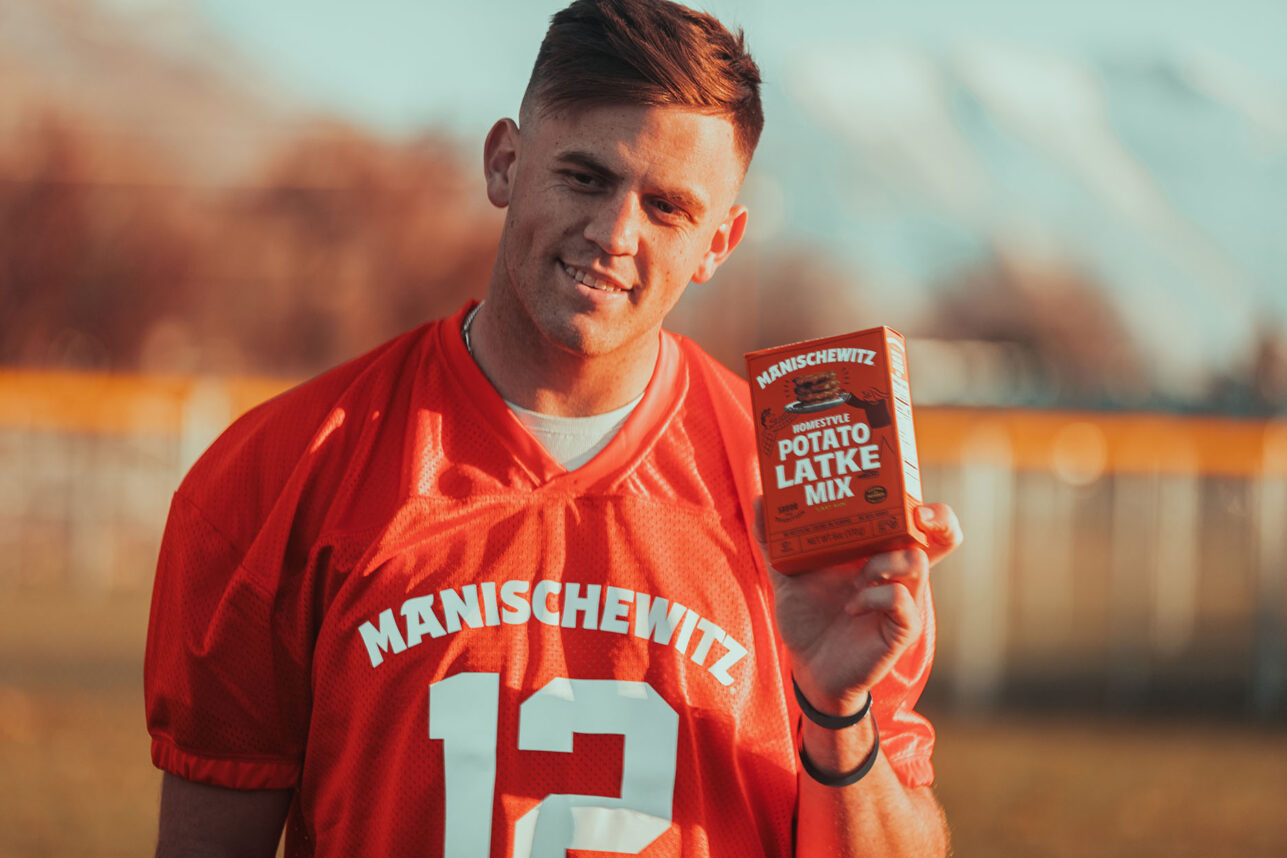


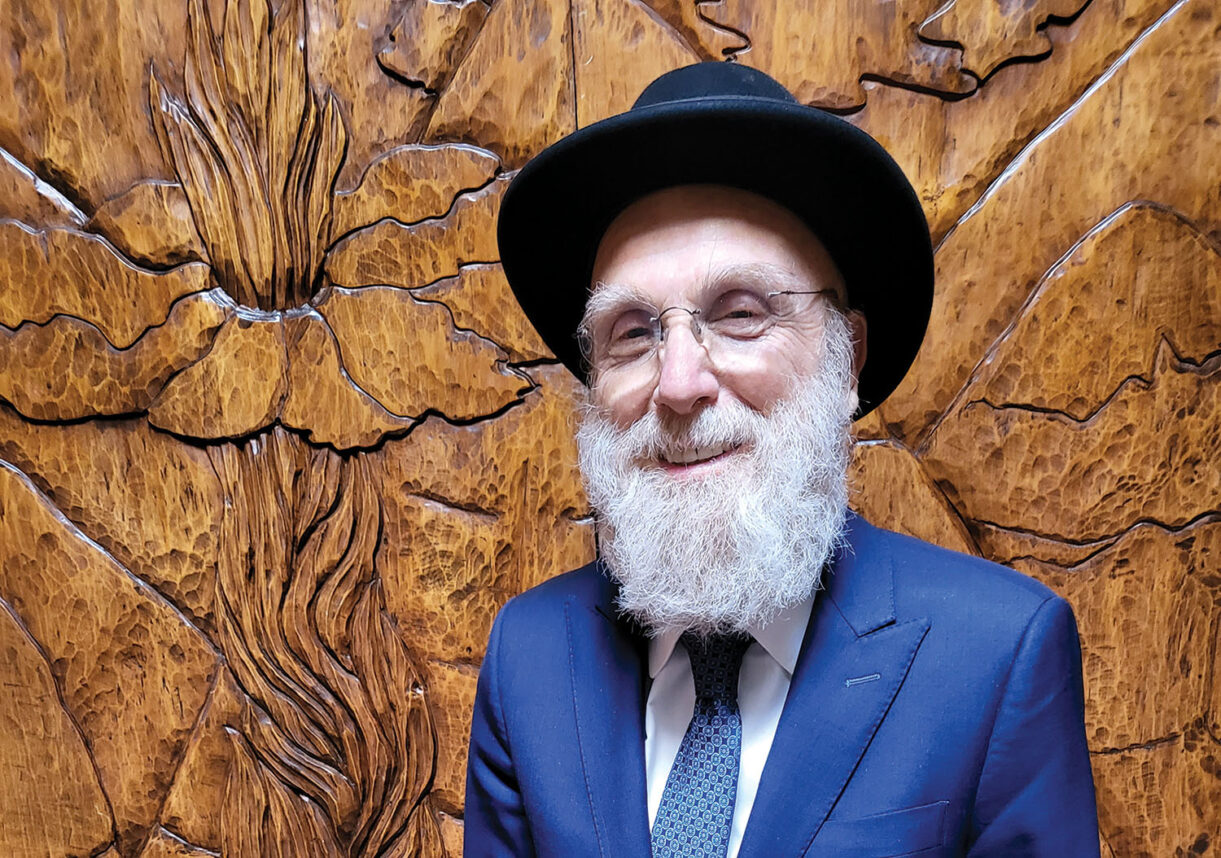
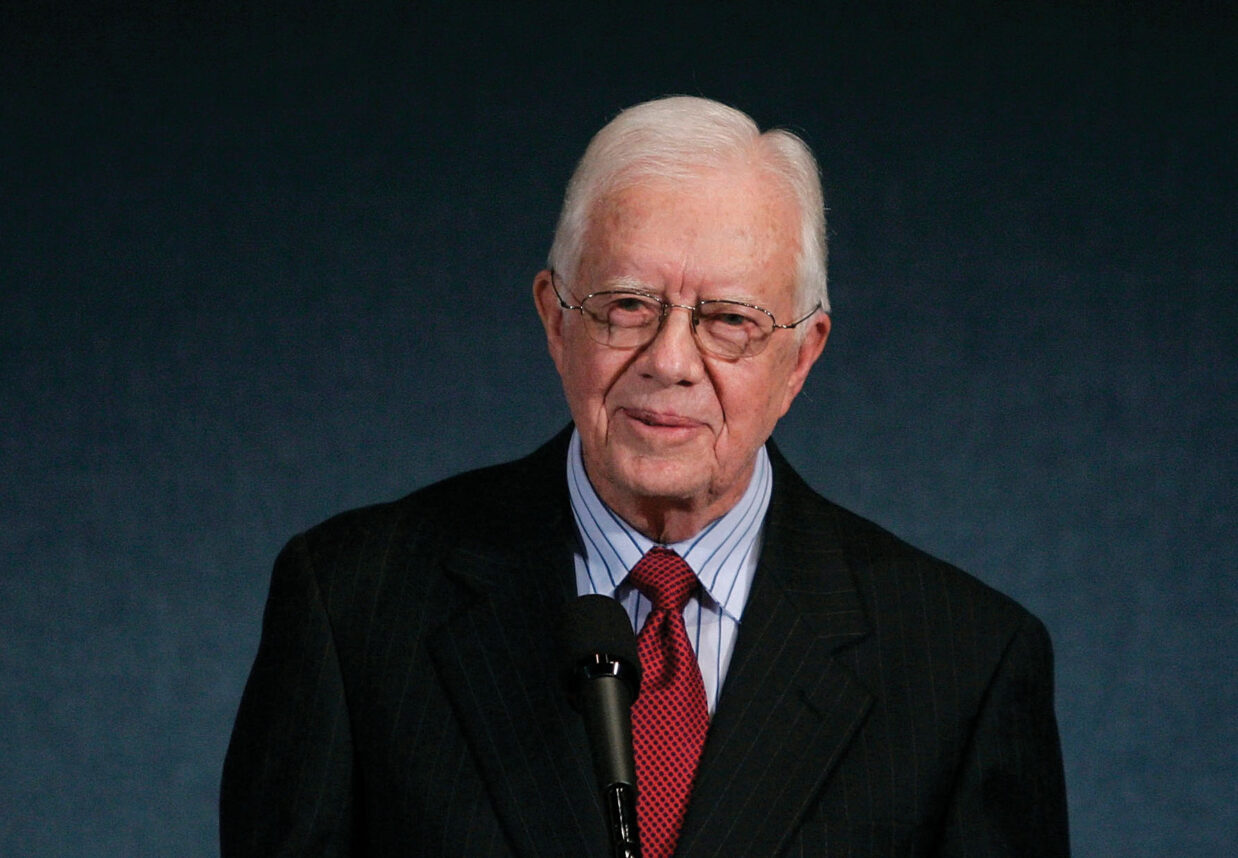
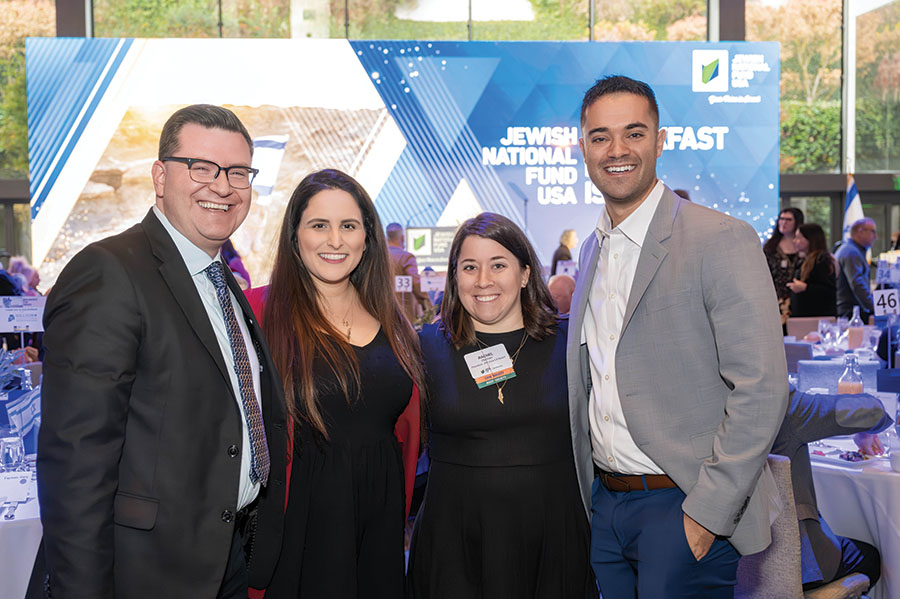
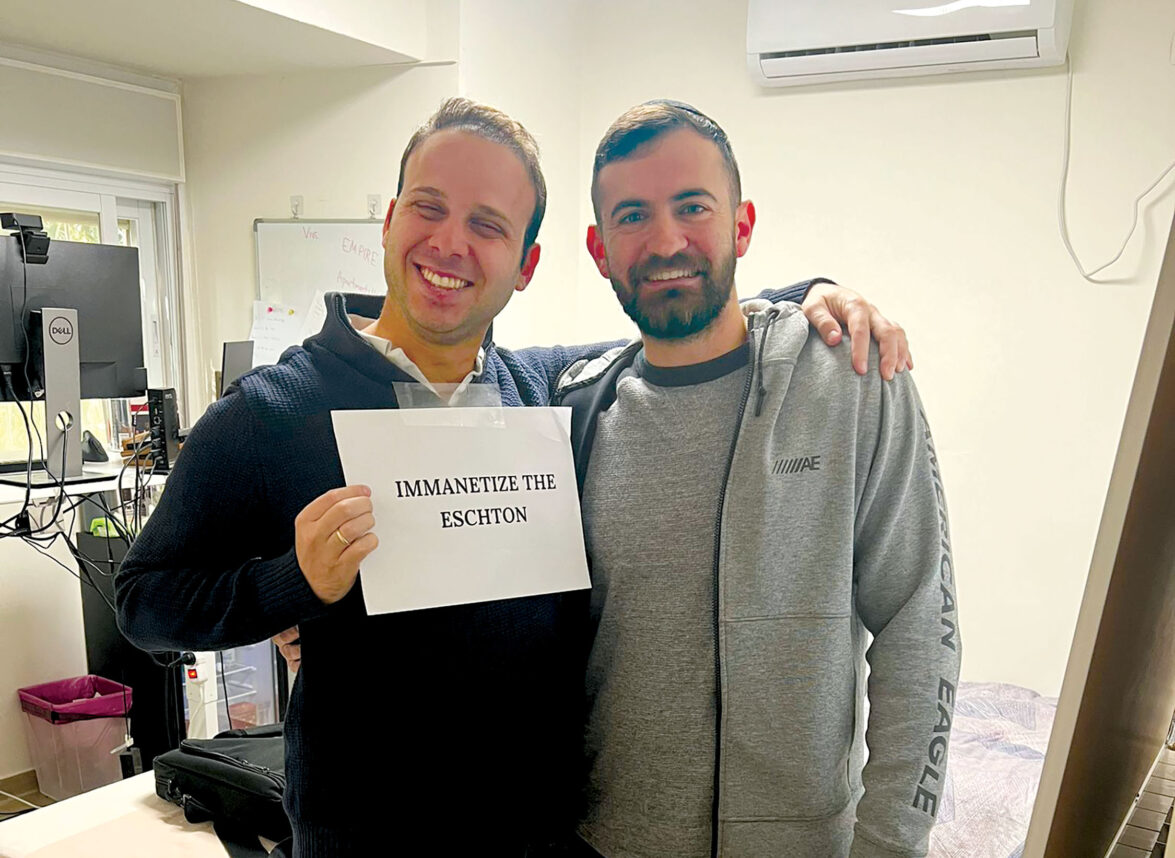

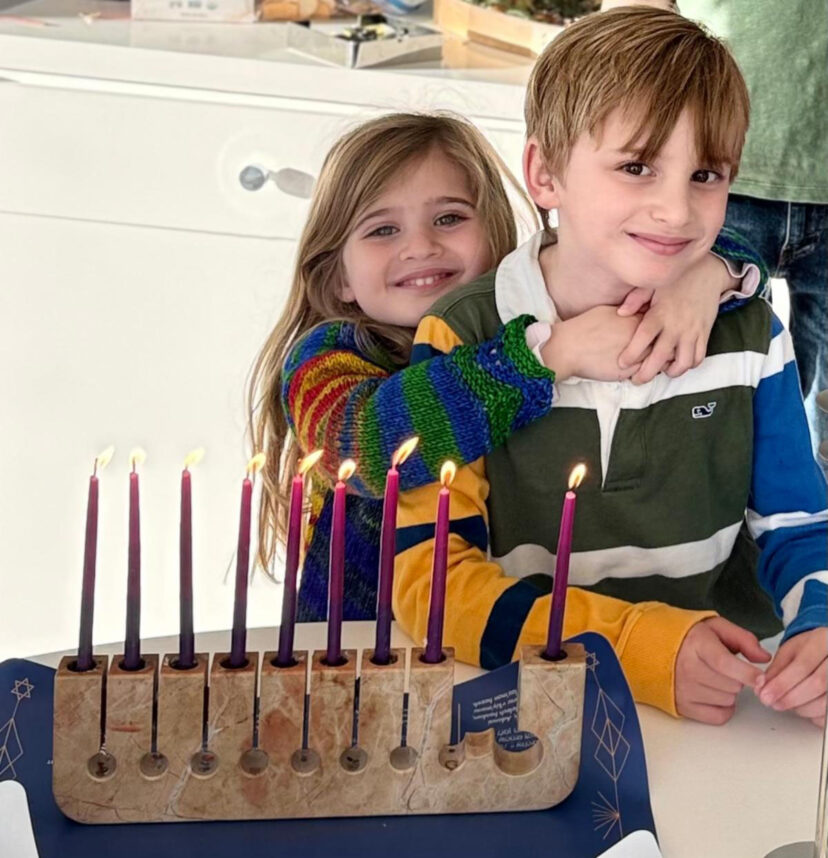
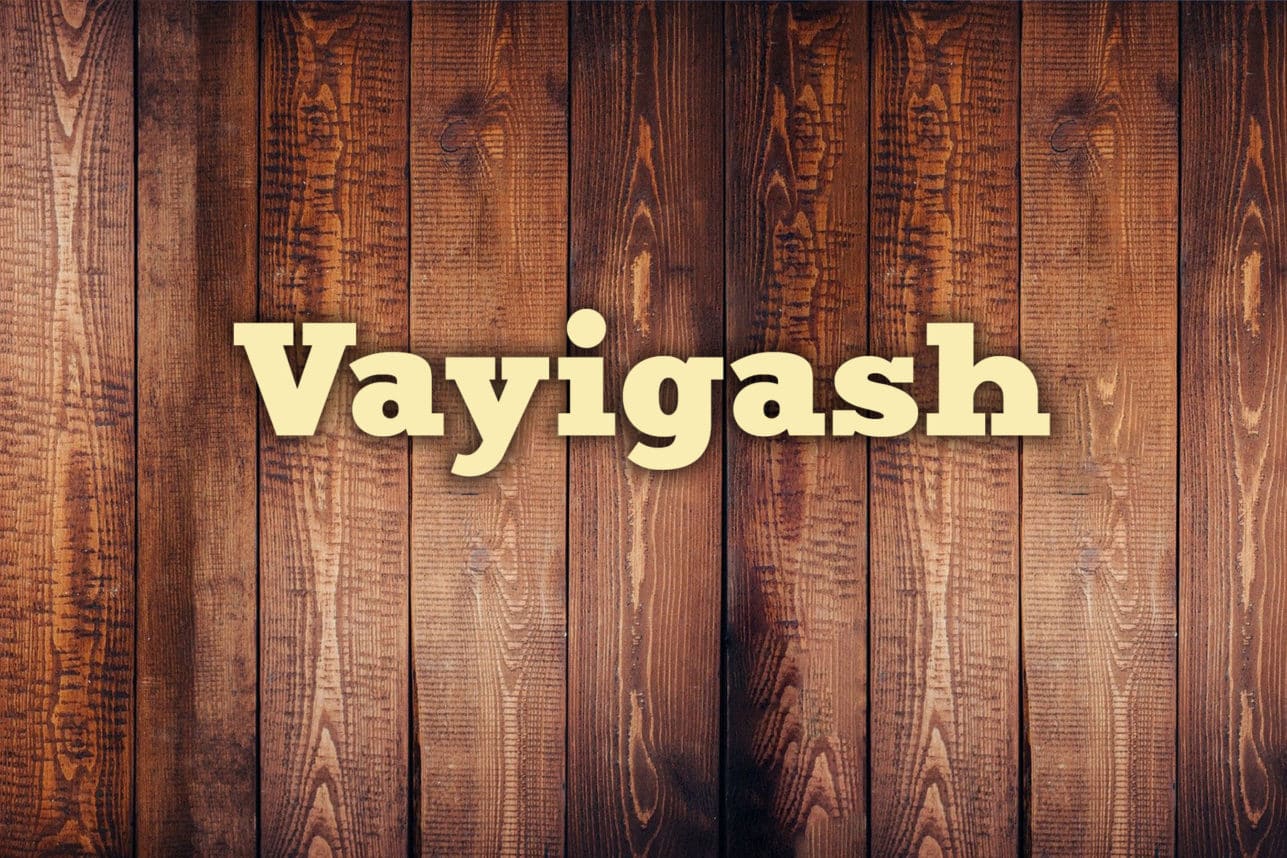





 More news and opinions than at a Shabbat dinner, right in your inbox.
More news and opinions than at a Shabbat dinner, right in your inbox.